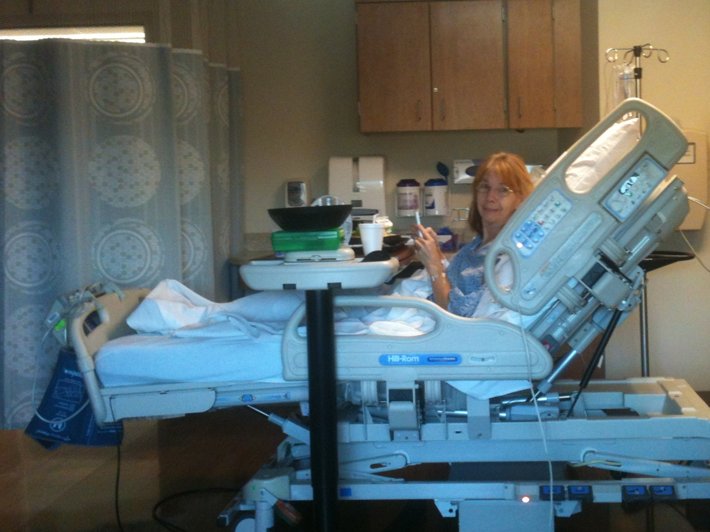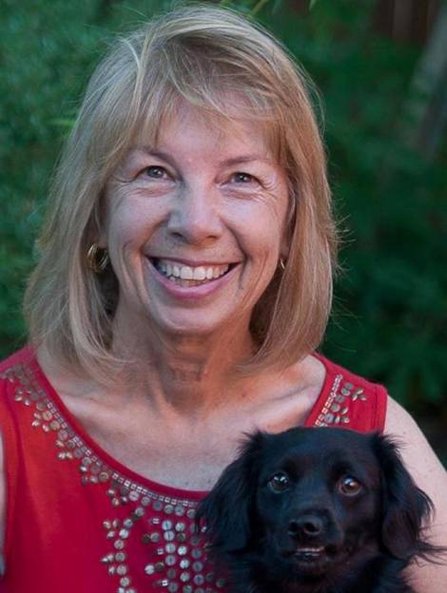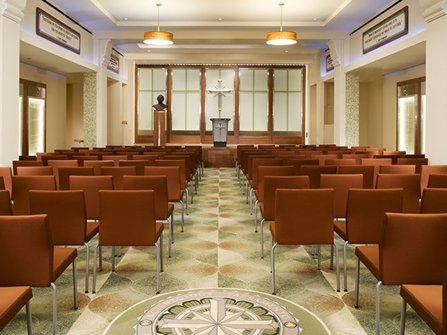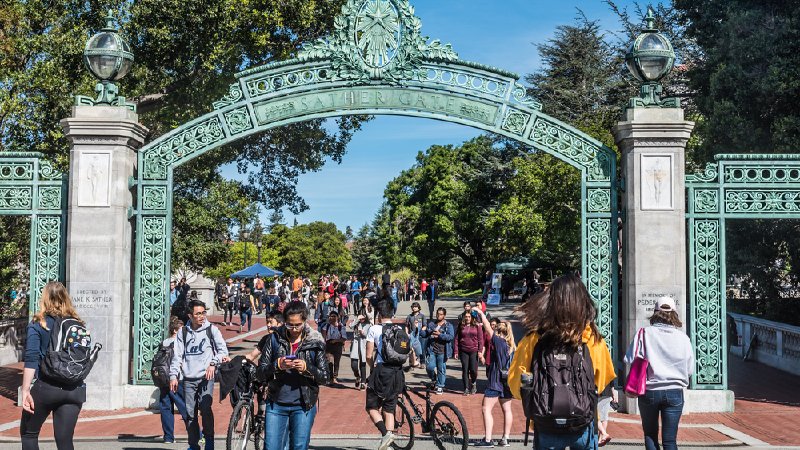
-
HOME
-
WHAT IS STANDOur Mission Our Values Our Help Contact
-
WHAT WE FIGHT FORReligious Freedom Religious Literacy Equality & Human Rights Inclusion & Respect Free Speech Responsible Journalism Corporate Accountability
-
RESOURCESExpert Studies Landmark Decisions White Papers FAQs David Miscavige Religious Freedom Resource Center Freedom of Religion & Human Rights Topic Index Priest-Penitent Privilege Islamophobia
-
HATE MONITORBiased Media Propagandists Hatemongers False Experts Hate Monitor Blog
-
NEWSROOMNews Media Watch Videos Blog
-
TAKE ACTIONCombat Hate & Discrimination Champion Freedom of Religion Demand Accountability
Life After Death—What Scientology Did for Me
From the time my wife learned she had stage four colon cancer—through operations, chemotherapy and long nights in the emergency room with other lost and sick souls—she never complained, she always thought she would recover, and together we found the courage and stamina to carry on through many medical appointments, surgeries, pills and pain. We bought strange foods she craved but vomited up, as if she were pregnant once again. As the disease progressed, chemo drugs caused a heart attack, her lungs filled with fluid, and I raced her to the emergency room, her heart rate spiking, gasping for breath, frantic phone calls and nurses probing with needles for an open vein as she grimaced with pain and the bruises spread across her wrists.

After 34 years of marriage, of so much shared happiness and love, I could not imagine a world without her, but even so it dwelt as a black cloud on the edge of awareness. Another procedure opened up her kidneys and she brightened for a time. She began physical therapy, learning to transfer from bed to wheelchair to car. The hated chemotherapy with a different drug was still our hope—a return to the infusion recliner and needle a last chance at life. An appointment set on the calendar, a hope for recovery.
But then one day the doctor said there was too much damage, chemotherapy was no longer an option.

It became apparent she was fighting for life, not for herself, but so her family would not have to suffer her death. Realizing that, we told her not to worry about us, but to do what she must do to get well or—unsaid—that other thing, if her pain and suffering became too much. To love is to hold close, but the greatest love is to give permission to go.
The family gathered in the intensive care unit, a circle of love and medicine, of hand-holding and needle sticks, of kisses, and monitors moving with bright lines of trembling life. Conversations about palliative care. She had signed a red “do not resuscitate” form, and when the doctor explained that she could be kept alive for weeks, perhaps, on machines, she said no. And so the morphine increased, the oxygen was lowered to normal levels, our youngest daughter and I held her hands and kissed her face as the light left her eyes, the lines on the monitor went flat and she died peacefully in the hands of Morpheus and her family.
I was the last to leave her bedside, beloved wife become beloved object, forehead still warm to my lips, monitor switched off, oxygen tube removed, her wrists still taped with IVs, her arms bruised from attempts to find a vein, and she in a yellow gown signifying “unable to walk unassisted.” I looked at her face, the face I had loved and kissed for more than 30 years, now bereft of life, of animation, of her.

Home from the hospital, in the shower, in a house without her, I allowed myself to release what I’d held in check, as the water flowed and grief found vent and volume.
I walked in shadows, numb, driving the car I bought for her, feeding the birds she loved, sleeping in our bed alone, playing with the two little dogs that had followed her about the house. And the appointment for chemotherapy—which had been our last hope—slipped by unnoticed on an otherwise empty calendar.
I remembered something that Scientology founder L. Ron Hubbard wrote in “The Code of Honor” that helped immeasurably: “Never regret yesterday. Life is in you today and you make your tomorrow.”

One night, looking at photo albums of our life, our children, parents and friends, I realized I had a choice to make. Time was moving forward, but the life we lived together was beginning to retreat into the past. I could retreat also—surround myself with pictures and memories—or I could begin living in the present and start creating a new life. The second option, the right one, was so hard. And I had regrets. Why hadn’t I insisted she get a colonoscopy earlier? What if I had taken her to another clinic? We should have gone to Ireland on vacation like she wanted, but I had work to do and thought it was so expensive. Regrets, regrets.
But I remembered something that Scientology founder L. Ron Hubbard wrote in “The Code of Honor” that helped immeasurably: “Never regret yesterday. Life is in you today and you make your tomorrow.” And so I emerged from the past which was sweet but lost, took up residence in the present and began planning a future.

We held a memorial service at the Church of Scientology in Sacramento and a hundred or more friends and family arrived. Her family, mostly Catholics, entered a Scientology Church for the first time and were made welcome, and together we celebrated my wife’s legacy of love and help, as a sister, wife, mother, counselor and Scientology staff member.
I received counseling from a young man my wife babysat when he was a boy. One statement he made over and over again and to which I replied helped pull me from sorrow. It was very simple: “Find something that isn’t reminding you of Jeannie.” As I answered many times, I realized that her death had covered my world with loss, and as the counseling process proceeded, the loss became more defined, less pervasive, and I was able to once again function, to do the things that needed to be done, and to be there for our daughters.
I know my wife Jeannie still lives, did not die, and will live again in a new family, in a new body. She still exists as she had before she was born into this life in 1944. Life goes on, we are immortal, we do not die, but with the loss of our bodies, we lose our possessions, our identities, and most difficult of all—communication with those we love.
Our children are doing well and I now have a loving relationship with an old friend. I am a writer and a Dianetics counselor, helping those who have suffered losses and trauma come to terms with those experiences. And as I have emerged from this loss, I wish to leave you with some hope for your own life and loved ones.
“You are a spirit,” wrote L. Ron Hubbard. “You are your own soul. You are not mortal. You can be free.”









